Vedic literature refers to the earliest texts found in India, four books written in the Sanskrit language. Together they contain the basis for the Hindu religion. The four books are the Rig Veda (or Rgveda), Sama Veda, Yajur Veda and Atharva Veda. The earliest of the four was the Rig Veda, probably first composed about 1500 BC and codified between about 1200 and 800 BC, based on linguistic examination of the Sanskrit. Some scholars such as Stephan Levitt, however, believe the Rig Veda may be even older, with some hymns written as early as the fourth millennium BC. Levitt bases this on comparative similarities between the Veda and documents from Mesopotamia. The various Indian philosophies and sects have taken differing positions on the Vedas,. Schools of Indian philosophy which cite the Vedas as their scriptural authority are classified as orthodox (astika). Other traditions, notably Buddhism and Jainism, which did not regard the Vedas as authorities are referred to by traditional Hindu texts as heterodox or non-orthodox (nastika) schools. In addition to Buddhism and Jainism,Sikhism and Brahmoism many non-brahmin Hindus in South India do not accept the authority of the Vedas. Certain South Indian Brahmin communities such as Iyengars consider the atamil Divya Prabandham or writing of the Alvar saints as equivalent to the Vedas. In most Iyengar temples in South India the Divya Prabandham is recited daily along with Vedic Hymns. The book is an attempt by authors to understand the factors and forces that proved catalyst in the march of history in the subcontinent. This book, which we hope will lay the foundations for the next generation of Indian historians.
reviews
Bibliographic information
Title
Vedic Literature
Encyclopaedic History of India Series
Encyclopaedic History of India Series
Author
Edition
1st ed.
Publisher
Centrum Press, 2011
ISBN
9789380836560
Length
vi+296p., Bibliogrpahy; Index; 23cm.
Subjects

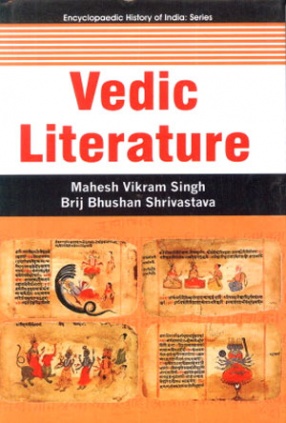
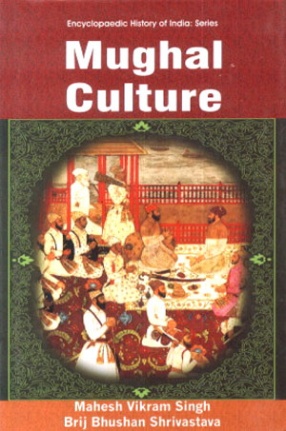
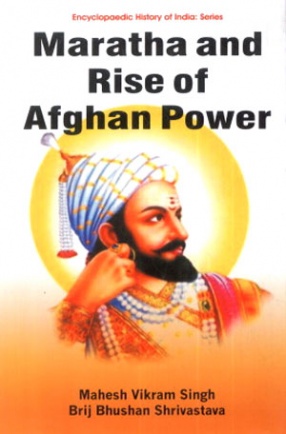
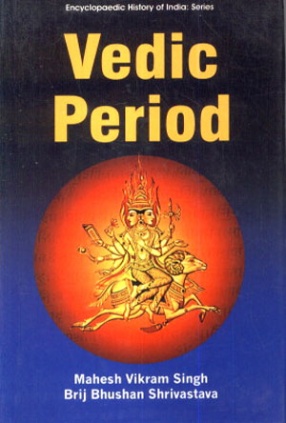
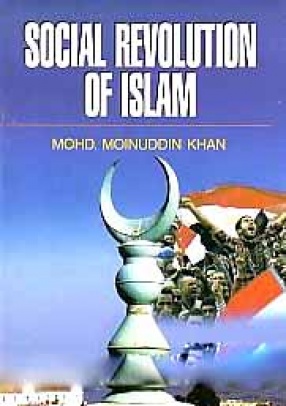
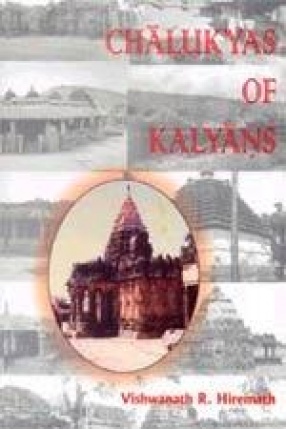
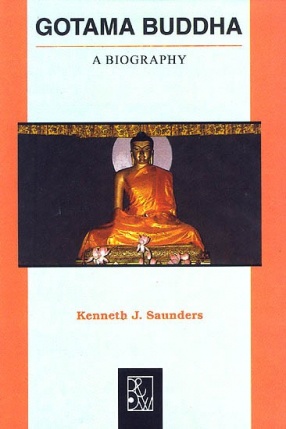
There are no reviews yet.